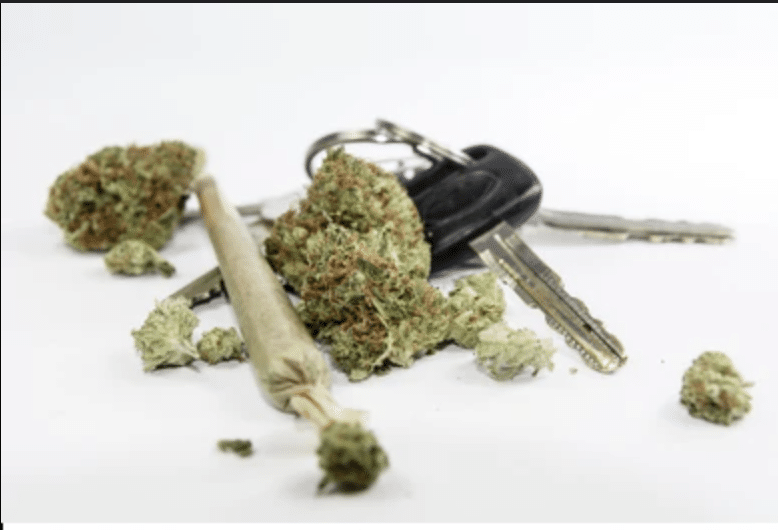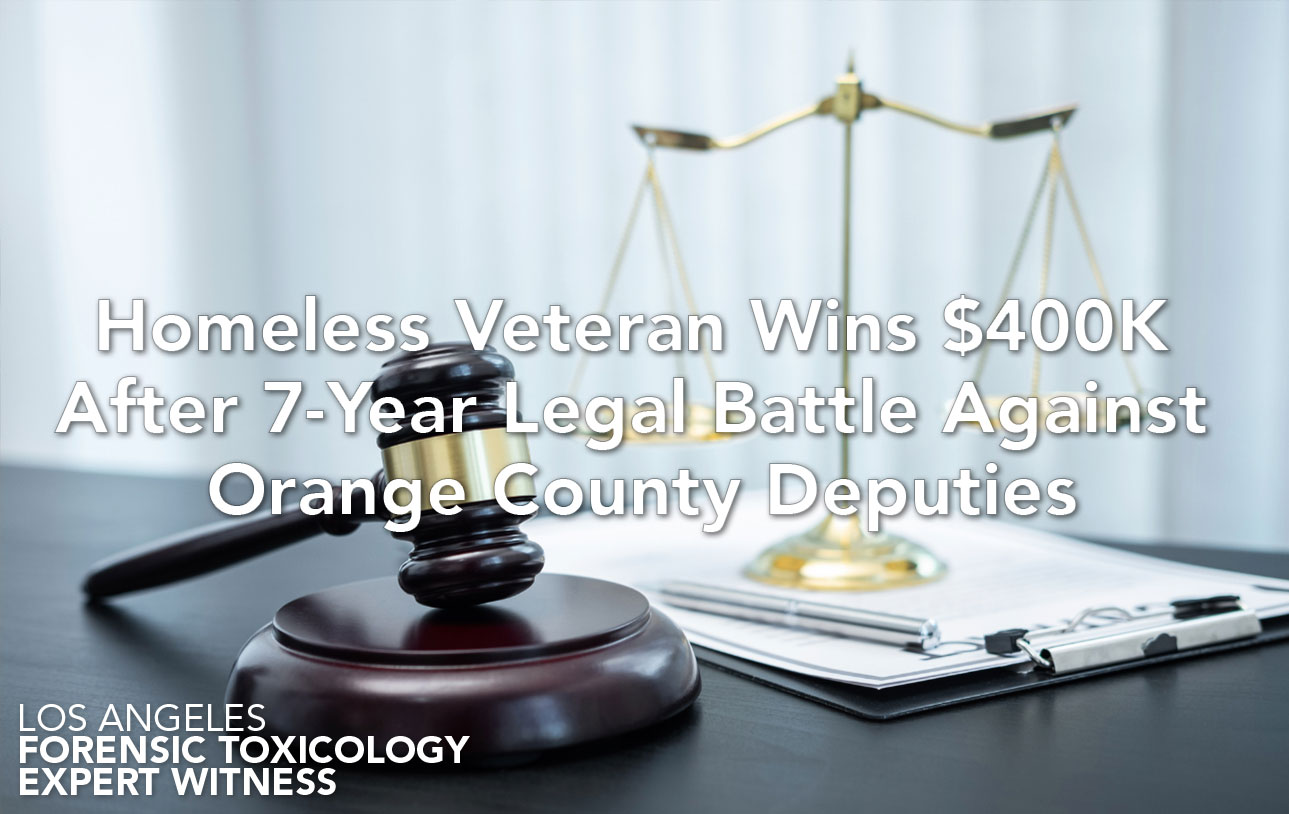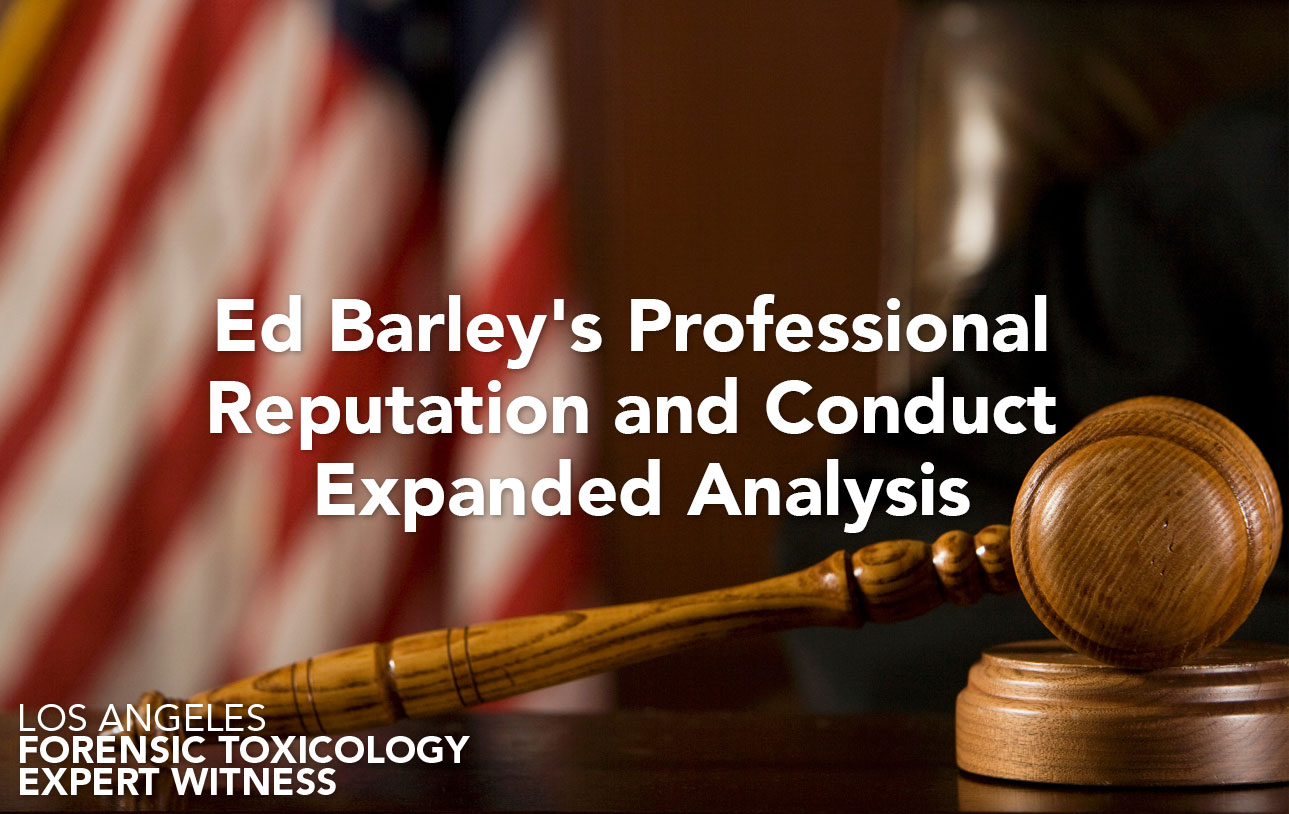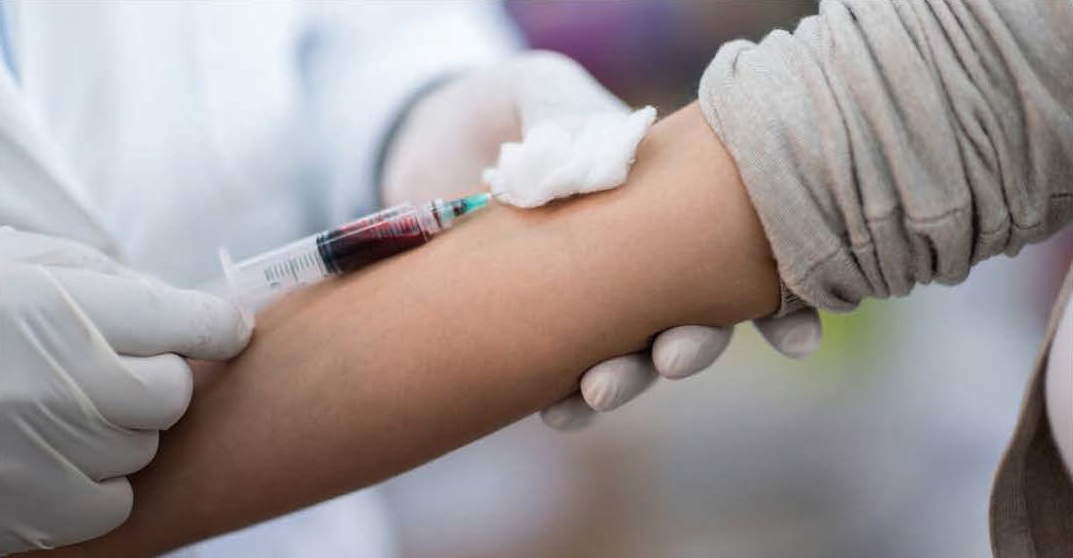Category: Forensic Toxicology
OO’s Golden Rule: Never plead to a marijuana DUI – The Government’s achilles heel is the science
The Track Record: We literally never lose marijuana/THC cases at trial. We’ve taken every marijuana DUI case to trial in 20 California counties, with only one loss that was subsequently overturned on appeal. In Napa County alone, we secured six consecutive full acquittals, with juries returning instant not-guilty verdicts. This led to…
Same old Judge Byrdsong: The fix is in, and if it is not, he will put it in
Court Committed Prejudicial Misconduct By Intervening In A Significantly Uneven Fashion And Conveying Message It Was Allied With Defense “A trial court commits misconduct if it persistently makes discourteous and disparaging remarks to [one party’s] counsel so as to discredit the [party] or create the impression that it is allying…
Judge Byrdsong harassing conduct “allegedly”
in Esperanza Perez v. Kaiser Foundation Hospitals, et al., whereby Paller’s firm Gilbert Sackman represented the union in which the undersigned represented the plaintiff; Exhibit 5: Supplemental Declaration of Twila S. White in Support of Motions to Compel Compliance with Subpoenas to USW Local 7600 and UNAC/UHP, dated July 19,…
Two-faced Ed Barley
Former LASD Lab Technician’s Shifting Expert Testimony Raises Questions Background on Ed Barley’s Career Trajectory Ed Barley, a longtime laboratory technician with the Los Angeles Sheriff’s Department, has recently transitioned from prosecution-side expert witness to defense consultant in DUI cases. This career shift has drawn attention from the legal community…
Homeless Veteran Wins $400K After 7-Year Legal Battle Against Orange County Deputies
FOR IMMEDIATE RELEASE Judge Faces Racial Bias AllegTased and Beaten Homeless Veteran Wins 7 Year Court Battle Jury Awards Jeremy Holloway $400,000 plus Millions in Attorney Fees Los Angeles, CA (May 22, 2025) – It’s been 7 years in the making, but homeless veteran Jeremy Holloway has finally prevailed in…
Ed Barley’s Professional Reputation and Conduct: Expanded Analysis
Professional Credibility Concerns Ed Barley’s professional reputation has been seriously compromised throughout his career trajectory. Initially working at the Los Angeles County Crime Lab, he developed a negative reputation even among prosecutors who should have been his natural allies. His analytical approaches and testimony were viewed with significant skepticism by…
The Truth About Absorption Phase Readings
When I first stepped on the expert witness scene about 1.5 decades ago, I learned everything from Dr. Rose. I then followed up with Dr. Labianca and Dr. Simpson after reading their papers on the subject of falsely high breath readings during absorption.. The defense bar didn’t even know about…
The Real Truth About Dr. Vina Spiehler
The truth about Vina Spiehler, Ph.D by OKORIE OKOROCHA, M.S., M.S., ESQ. I first encountered her in Stockton, California, in which 2 motorcycle riders were severely injured, including brain damage. She blatantly lied about the toxicology, and the attorney doing her direct exam was beating a dead horse, but I…
More Reason to Never Trust Edmund “Ed” Barley
The Los Angeles Superior Courts have a panel of experts that they try to force appointed attorneys (including public defenders) to use. Getting on the panel is easy if you worked as a lab tech in a government crime lab as Ed Barley did, even if you have zero formal…
Never Trust Ed Barley
Joseph Younes & Olivier Tallieu snag a $5.7 million win for a deserving client in a very tough case in San Diego Federal Court. The case came down to the toxicological evidence. The Plaintiff’s attorneys with good sense chose Okorie Okorocha, M.S., M.S., ESQ., who has actual formal education in…
Alcohol Toxicology For Civil Lawyers
In April of 2021 Okorie Okorocha wrote an article on Alcohol toxicology for civil lawyers for “Advocate” DON’T LET A HOSPITAL’S FAULTY BLOOD-ALCOHOL TEST DEVALUE YOUR CASE DUE TOCONTRIBUTORY NEGLIGENCE (YOUR GUY WAS DRUNK!) Read the entire article by clicking here
















